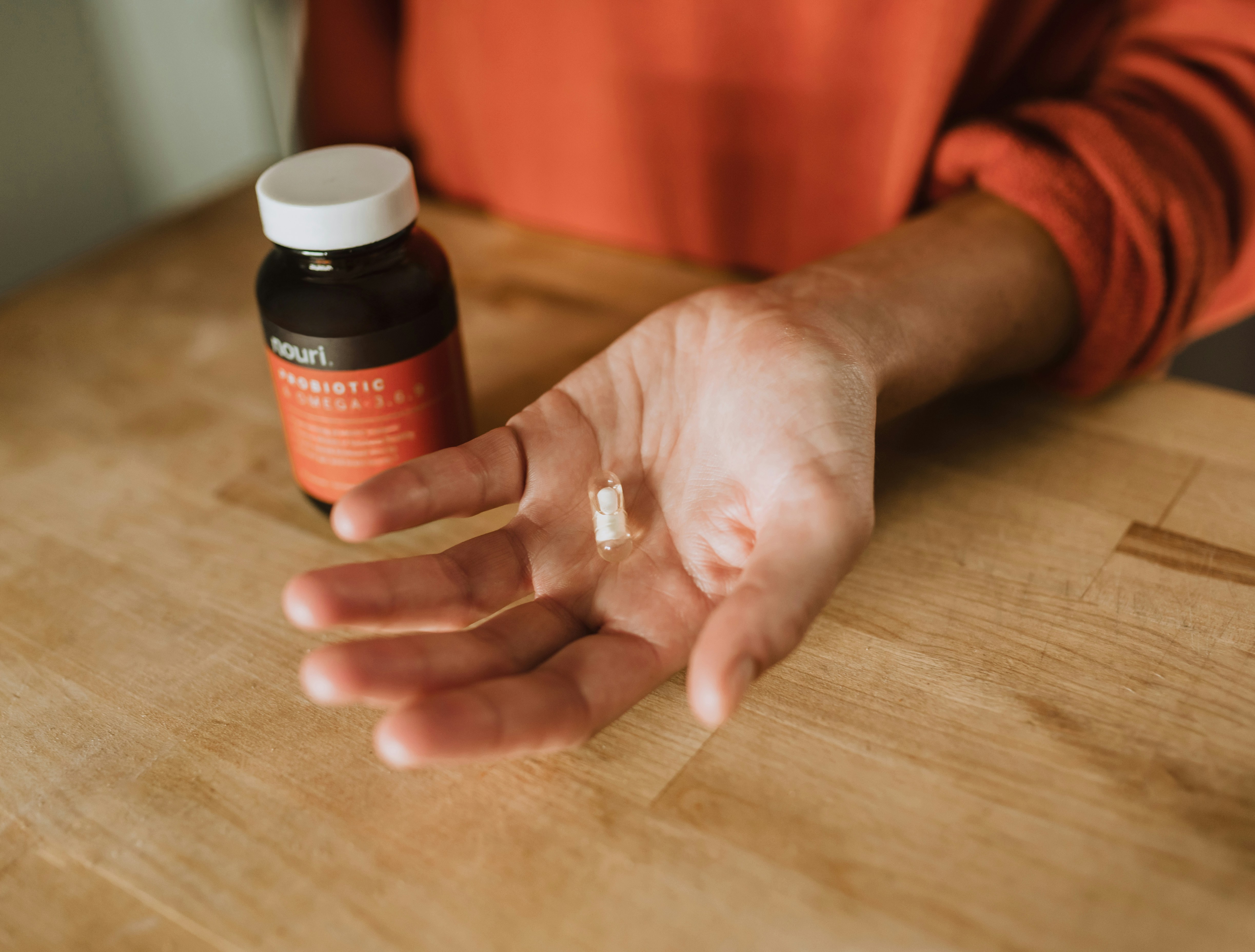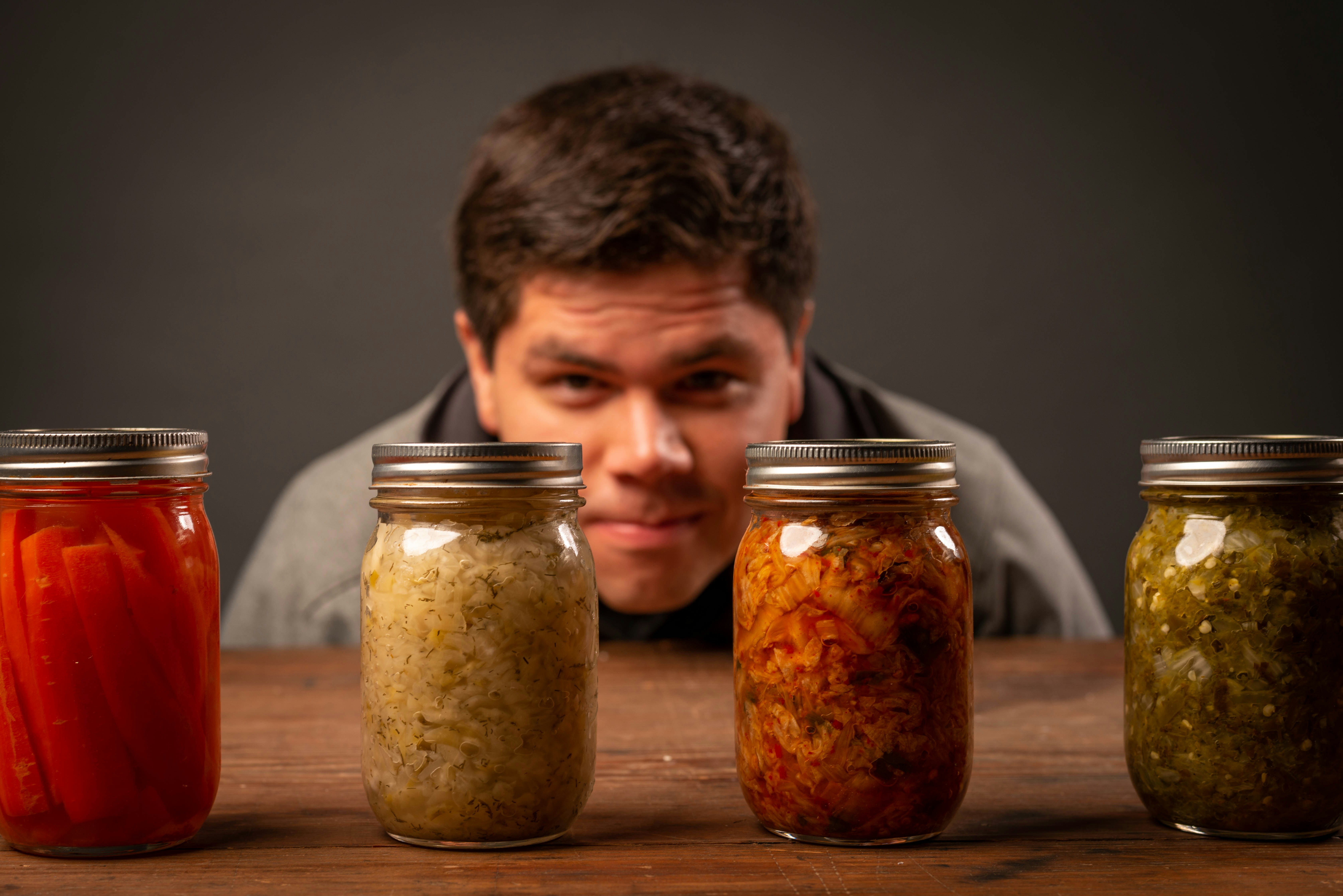The gut microbiome or gut flora refers to the network of microorganisms in our intestines. Generally, a person has around 300 to 500 different species of bacteria in our gut. And while some of these bacteria can be harmful, a lot of microorganisms living in our digestive tract are actually incredibly beneficial. Gut health has been linked to our immune systems, mood, mental health, skin conditions, autoimmune diseases, endocrine disorders, and cancer. Taking care of your gut is vital to the overall health of your body.
A few common signs of an unhealthy gut are constipation, gas, bloating, diarrhea, skin conditions like eczema, food intolerances, and fatigue. If your gut is healthy, then it shouldn’t have an issue with processing foods. Food allergies and intolerances could be caused by harmful bacteria living in your gut. One of the best ways to improve your gut health is by achieving a healthy lifestyle and making a significant change to your diet.
If you feel that you may have an unhealthy gut or food allergies, then consider consulting with your family medical doctor about it. Your primary care provider and other health care professionals can help test for food allergies and provide specific medical advice for taking care of your gut. In the United States, the Affordable Care Act mandates all citizens have health coverage. With this health care reform legislation, getting cheap health insurance, and receiving the necessary preventive care and medical care you need is easier than ever. By signing up for a health care plan, you are reducing the amount your entire family spends on medical bills. You can compare cheap health insurance with iSelect and browse essential health benefits, health care costs, and health insurance premiums to find the best health insurance plan for you and your family members. Here are a few ways to help improve your gut health.
Take Probiotics

Scientific evidence suggests that taking a probiotic supplement (widely available online and in health food stores) can help reduce gut inflammation and intestinal issues and support healthy gut flora.
Change Your Diet

Alternatively or even in addition to taking a probiotic supplement, you can also add more probiotic foods to your diet. Some of the best examples are fermented foods like kimchi, sauerkraut, kefir, tempeh, and kombucha. Also consider incorporating more prebiotic fiber into your diet like bananas, Jerusalem artichokes, asparagus, and garlic. Prebiotics may increase probiotics’ tolerance to environmental conditions like temperature changes. Probiotics also feed off of prebiotics, causing good bacteria to multiply in your gut.
You should also consider limiting artificial sweeteners and eating less meat. Research has shown that those who consume a vegetarian diet have reduced gut inflammation. Having a diet rich in vegetables, fruits, beans, and legumes is great for your gut health because they are high in fiber. Some great examples are chickpeas, lentils, broccoli, whole grains, kidney beans, and green peas.
Reduce Stress

Some studies have suggested that stress can negatively impact the microorganisms in your gut. Psychological and environmental stress and inadequate sleep can harm your gut health. Try meditation, exercising regularly, practicing yoga, eating a healthy, plant-based diet, interacting with pets, spending time with friends and family, and breathing exercises to help reduce your stress levels.
Avoid Antibiotics
Sometimes it is necessary to take antibiotics due to some bacterial infections. However, taking them too often can result in antibiotic resistance. Antibiotics can also damage your gut health and reduce the number of beneficial bacteria in your intestines. Be sure to talk with your doctor about your options when antibiotics are mentioned as part of your medical treatment.




